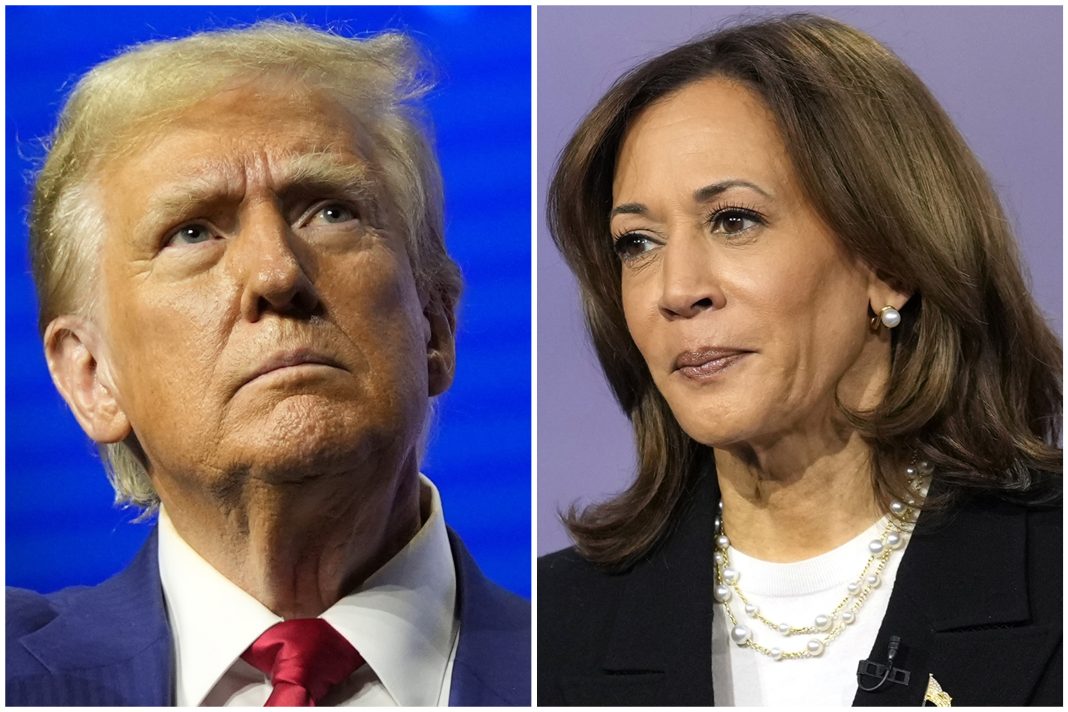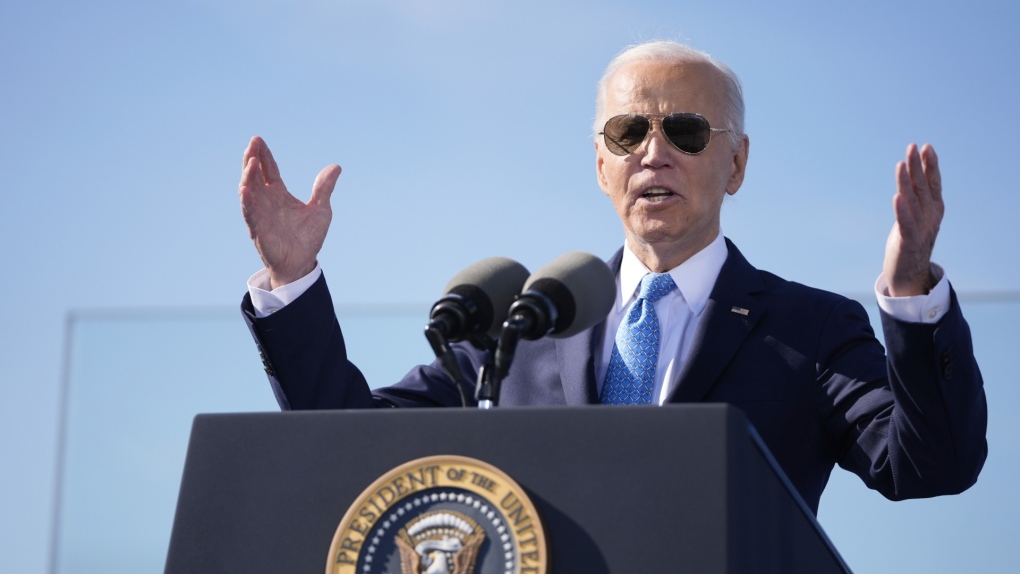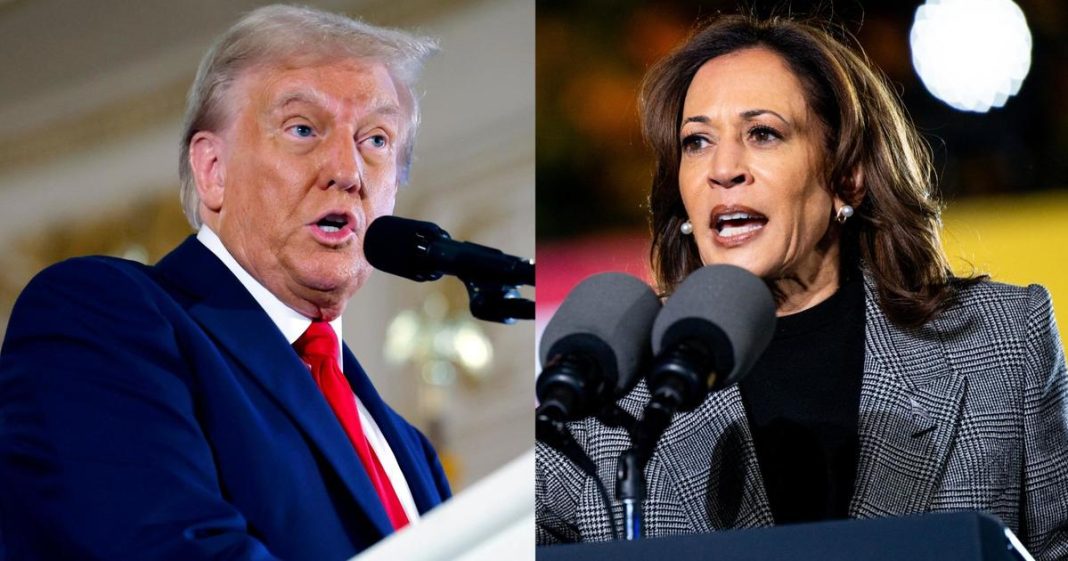Poll Reveals Deepening American Concerns Over Middle East Conflict Amid Political Divide
A recent poll has shed light on the growing anxiety among Americans regarding the escalating conflict in the Middle East, revealing a stark divide between Democratic and Republican voters on who bears responsibility for the tensions. Conducted by the AP-NORC Center for Public Affairs Research, the survey highlights that nearly half of the respondents are worried about the potential for a broader regional war, while only about 40% express significant concern over U.S. involvement.
The survey, which included 1,072 adults and was conducted prior to Israel’s recent airstrikes on Iranian military sites, underscores how the conflict has emerged as a pivotal issue in the 2024 presidential race. Candidates are keenly aware of the need to appeal to both Muslim and Jewish voters in crucial battleground states like Michigan and Pennsylvania.
Split Views on Responsibility
When it comes to assigning blame for the conflict’s escalation, the poll reveals a clear partisan divide. Approximately 60% of Americans attribute significant responsibility to Palestinian militant groups like Hamas, as well as Iran and Hezbollah. In contrast, only about 40% believe the Israeli government shares a similar level of accountability, and a mere 20% place blame on the U.S. government.
Democrats are particularly critical of Israel, with nearly 60% attributing "a lot" of responsibility to the Israeli government, a figure that mirrors those blaming Hamas. Conversely, only a quarter of Republicans see Israel as significantly accountable for the rising tensions, showcasing the deep ideological rift between the two parties.
Bipartisan Support for Sanctions
Interestingly, the poll indicates a rare moment of bipartisan agreement: 55% of respondents support economic sanctions on Iran, aimed at limiting resources to its affiliates, Hezbollah and Hamas. However, opinions diverge sharply when it comes to military support for Israel. A majority of voters oppose direct financial assistance for Israel’s military, and only 20% favor deploying U.S. troops to assist Israel, reflecting a general reluctance for direct military engagement in the conflict.
Mixed Feelings on U.S. Ceasefire Efforts
Despite the ongoing turmoil, around half of Americans believe the U.S. is doing "about as much as it can" to facilitate a ceasefire between Israel and groups like Hamas and Hezbollah. However, 30% feel that the U.S. could ramp up its efforts, while about 20% believe it should reduce its involvement in ceasefire negotiations altogether. Notably, Republicans are more inclined than Democrats to advocate for a decrease in U.S. involvement, with 30% of Republicans supporting this stance compared to just 10% of Democrats.
Conclusion
As the 2024 presidential race heats up, the Middle East conflict is set to remain a significant topic of discussion. With voters sharply divided along party lines regarding responsibility and the U.S. role in the conflict, candidates will need to navigate these complex sentiments carefully. The AP-NORC poll, conducted from October 11-14, 2024, serves as a crucial barometer of public opinion, with a margin of error of 4.2 percentage points for registered voters. As the situation evolves, it will be interesting to see how these concerns shape the political landscape in the coming months.



